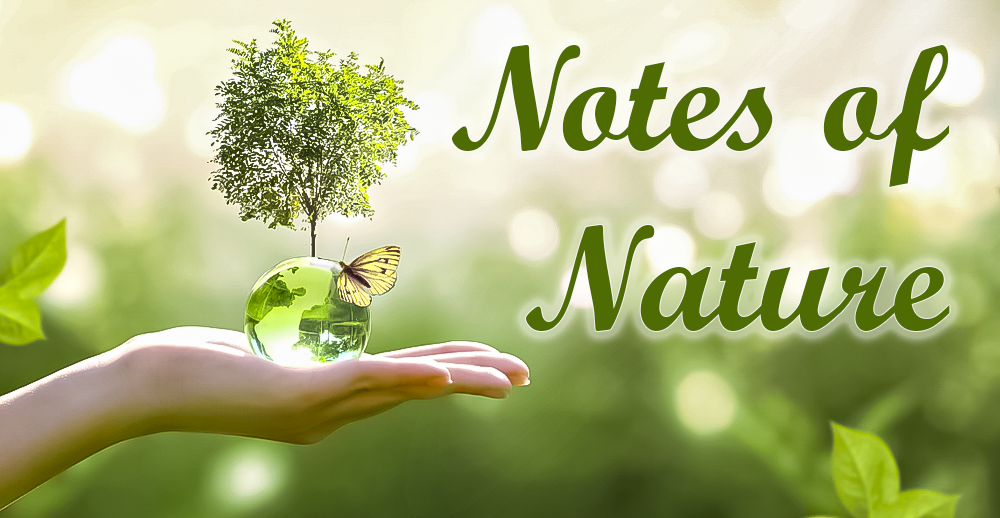After a big phase of decluttering, I started watching some videos on YouTube on organisation around the home. It all started very well, giving me some tips and confirming my way of organising things. But then it all got a bit too much for me, there's this woman that has a whole closet of organised wrapping paper. It all looked very pretty and she happily said that she'd bought most of it years ago - wait, hang on. Why would you still have wrapping paper from years ago? Well either she has no reason to use it, or she's been buying other wrapping paper during this time? (There may well be other reasons, but they don't add to my rant and are therefore omitted!). Another thing that confirmed that she was really just a hoarder were the three boxes of what I can only assume was rubbish, that was nicely labelled variously, for projects that she will do 'when she has the time'. Hmm. That means that she had to buy stuff to tidy up the stuff that she doesn't have time for - and possibly never will.
But wait, this is not all. Another video shows the same person that has nicely organised a draw for post-it notes. More post-it notes than I could use in three lifetimes!
My point, I guess, is that organising clutter in a pretty way may help to sell places on your organising courses - but it's still clutter that one day after you die someone will have to sort out!
You might not think that this post is related to nature, but people cannot use the 'stuff' that you're hoarding. Meaning that these products have to be made again - whether cutting down trees to make more post-it notes or wrapping paper. This might not seem much for one person, but we all keep clutter in our houses and in our lives. Imagine if we all sold, passed on, or recycled all of this stuff so that it could be used again in some form. It would mean that sales of new products may fall, showing companies that there is less demand, hopefully meaning that fewer of the product will be made. We all hear about how scarce the resources are on our planet and if we really want to lead more responsible lives, leaving less of an impact on our planet - then we should be buying recycled products or products donated to charity shops. But the reality, as I have been finding out, is that we rarely need this stuff and yet insist on buying too much of it; only to later on have to declutter and throw lots of things away.
This post may even annoy some people, which may show how bad we've become. That some stranger may mention about how we buy and use things and has the nerve to call it clutter. And it hits a nerve. How can we have such emotional attachments to things that don't sustain out lives? What would the nomadic tribes of our world think? Or animals such as the Buffalo that constantly partake in migrations over thousands of miles with nothing!?
While there is no perfect way or extent of decluttering, if we can make a start to identify the crap we own - and even better identify it before we buy it and bring it into our homes - then we and our world will start to be in a better position.
If you got this far; thanks for reading!
All the best,
Tim

Agree about the pre-owning state. One annoying part about bringing too much into the home is the number of 'buy one get one free' offers. Completely beyond me why, because one needs one, one is bound to need another.
ReplyDeleteThe de-cluttering movement' is an intrusion into our lives. You touch on it here - people making money out of over-organising other people. I'd be sad if the world were to be turned into a sterile, uninteresting place.
I'm quite keen on emotional attachment to objects. It's part of the key to not-wasting things. We use and re-use them because we care for them. We mend them, put up with them, pass them on to others who will use them too.
Museums are full of 'useless' stuff. People's homes are museums of their lives. Cleaning up for our descendants is alright to a degree but . . . who wants to live in a waiting room for death?
Hi Lucy, thanks for your great comment. I agree with emotional attachment to objects that sustain us - the things we use and that serve us. It's just the things that don't sustain us, but still have a hold on us that bothers me. I like that we all have attachments to different things and that you can get a real feeling for a person based on what you see around them.
DeleteThe bit about sorting out after someone dies is based on my parents house where they have thousands of DVDs, most unwatched and in the cellophane wrappers! Not to mention the books and other things that they've collected over the years!
Great post Tim!!
ReplyDeleteThanks Suz
Delete